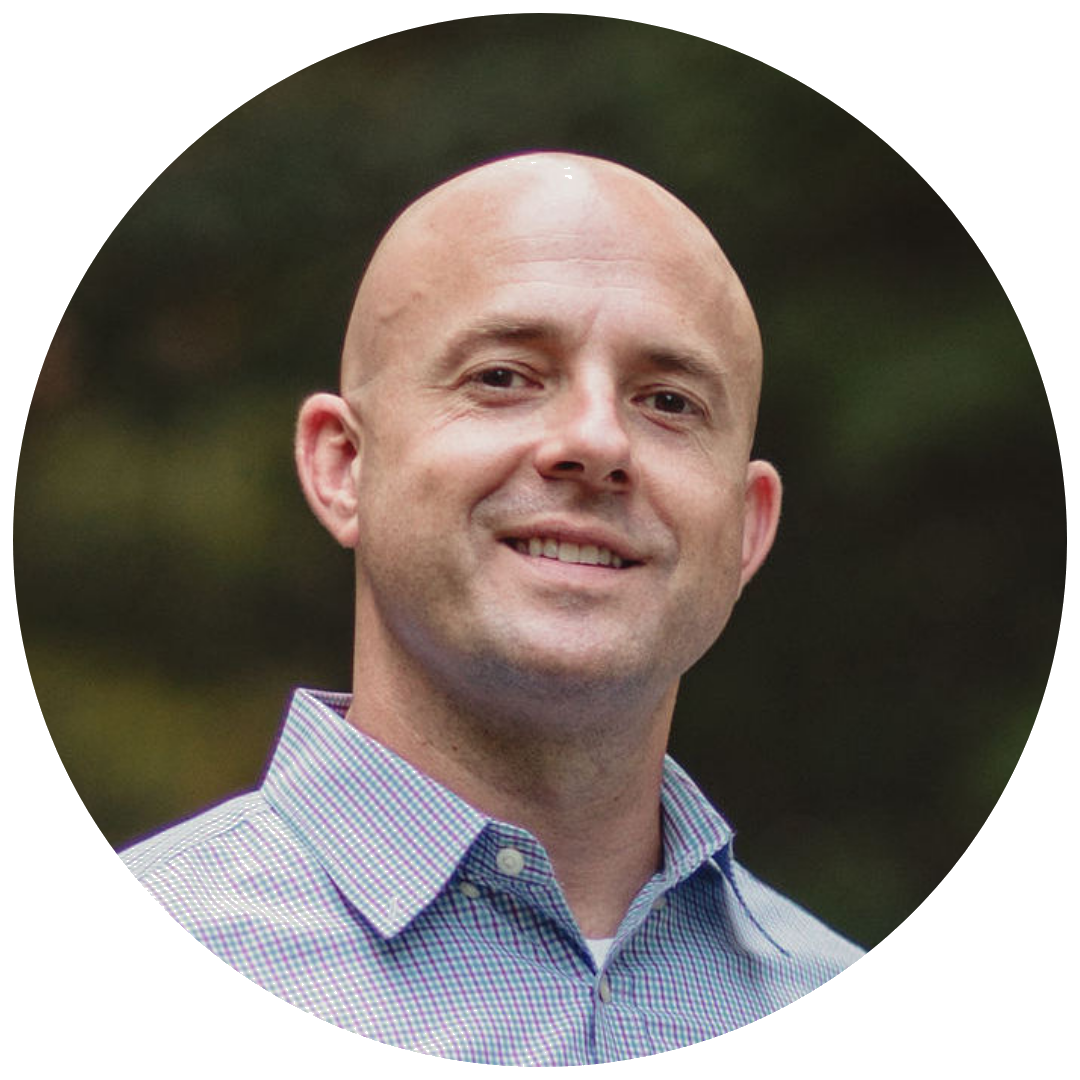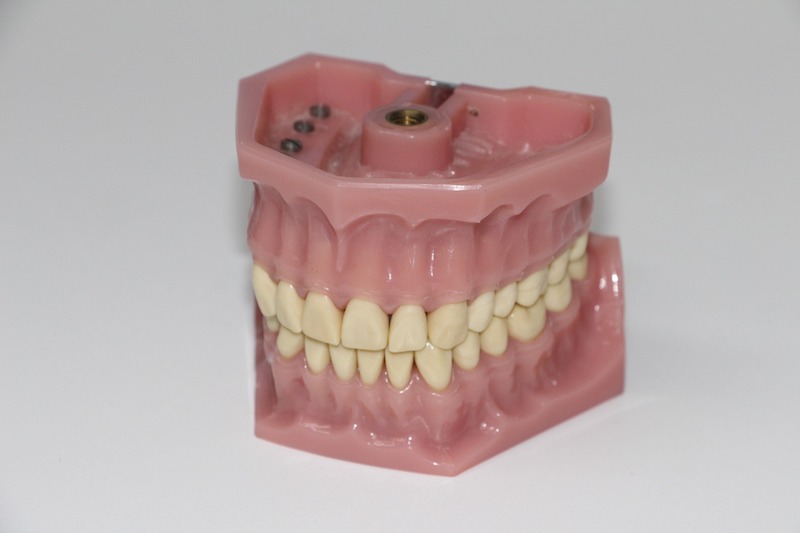1. The More Sugar You Eat the Quicker Tooth Decay Happens
Bacteria in your mouth react with sugar and create an acidic by-product that erodes your teeth. It is this acid that slowly eats away at the enamel of your teeth, meant to keep your teeth strong. When the enamel is impacted, your teeth are weakened allowing decay to occur and cavities to form.
2. Sugar is Found in Unexpected Places
Many people think avoiding the traditional sweets – candy, cake and desserts – will prevent unnecessary tooth decay. This is true, however there are many other places where sugar is hidden – such as juices, soda, carbohydrates such as pasta and bread that turn to sugar in your body, breakfast cereal, most processed foods, milk and more.
3. The Acidity of Beverages You Drink Can Also Accelerate Tooth Decay
Acidic beverages can also cause damage to enamel, that will eventually result in a cavity. Examples of acidic beverages include coffee, soft drinks and tea.
4. The More Cavities You Have, the Higher Risk You Have For More
The area around a filled cavity attracts more enamel eroding bacteria than other non-cavity areas of the mouth. If you already have an existing cavity or cavities, you should be extra vigilant in brushing, flossing and seeing your dentist regularly.
5. Children and Teenagers Are at The Highest Risk for Cavities
The enamel on a child’s teeth is not fully formed until approximately the age of seven. This is why children are at the highest risk for tooth decay and cavities.
Although the enamel on the teeth of teenagers is fully formed, dentists are finding teens elevated consumption of sugary beverages and energy drinks are greatly increasing their chances of tooth decay, cavities and the need for root canals.
6. Drinking Water Helps Remove Food Particles from Your Mouth and Reduces the Risk of Tooth Decay
There are countless healthy benefits to drinking more water. For your teeth, drinking the recommended 64 ounces of water (or more if possible) helps ensure you are washing away food particles that sit on the teeth and lead to tooth decay.
7. If You Do Not Brush or Floss After a Meal, the Food Can Last on Your Teeth For up to Three Hours
At the minimum, you should brush and floss your teeth twice a day. However, studies show that food particles that cause tooth decay can remain on your teeth for up to three hours – thus reinforcing the importance of brushing after every meal – if possible.
8. Untreated Cavities Can Evolve into Requiring a Root Canal
Cavities begin as tiny holes in the enamel, the outer most layer of the tooth. With time, bacteria continue to decay additional layers of the tooth. When the decay reaches the root of the tooth, a root canal is necessary to prevent further damage and serious infection.
Depending on the level of the infection and the anatomy of the root canal, it is possible root canal retreatments or even apical surgery (also known as root canal surgery) could be required.
9. Tooth Decay Can Cause an Infection Throughout Your Body
Gone untreated, tooth decay can go from a small cavity to requiring a root canal, to a local infection in your mouth to, worst case scenario – an infection that spreads throughout your entire body.
If you think you need a root canal or would like to talk to a Richmond, Virginia root canal specialist, please contact us at: 804.559.3636. Dr. Jesse Harris and his team will be thrilled to help.

About the Author
Dr. Harris has been a practicing dentist since 2005. In 2012, he received his Master’s of Science in Dentistry and a certificate in Endodontics. He founded East Coast Endodontics shortly after receiving his master’s degree. He also currently holds a part-time position as a Clinical Assistant Professor for the Endodontics department at Virginia Commonwealth University. View his full bio.

